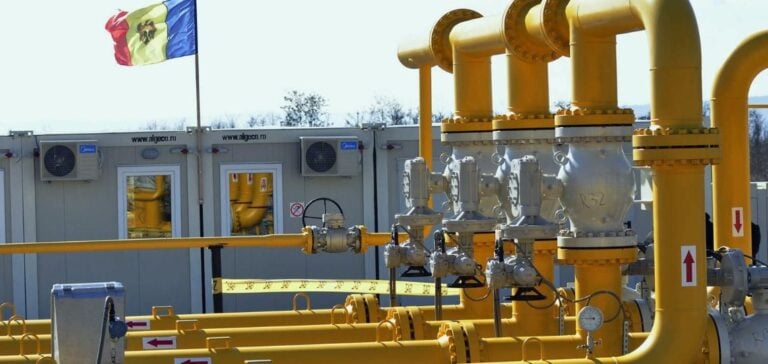The Russian energy giant Gazprom confirmed it will halt all natural gas deliveries to Moldova starting January 1, 2025. This decision, announced in an official statement, stems from a longstanding financial dispute between Moscow and Chisinau. Gazprom claims a debt of $700 million, a figure strongly contested by Moldovan authorities.
An Energy and Financial Dispute
The disagreement originates from the historic relationship between Moldova and Gazprom, whose local subsidiary, Moldovagaz, is 50% owned by the Russian group. Following a sharp price increase in 2021, Gazprom demanded immediate payment, but Moldovan authorities commissioned an independent audit. Findings from Western firms tasked with the review estimated the debt at only $8.6 million.
For Gazprom, Moldova’s refusal to settle justifies the suspension of supplies. In its statement, the company noted that it reserves the right to terminate the contract with Moldova altogether if no resolution is reached.
Chisinau’s Response
In response to the impending cutoff, Moldova accuses Moscow of political manipulation. Prime Minister Dorin Recean called the move a “tactic of oppression” and assured that the country is prepared to diversify its energy supply sources. Emergency measures, such as limiting public lighting and rescheduling industrial production hours, have been implemented to reduce consumption.
Despite the gas supply halt, the pro-Russian separatist region of Transnistria continues to receive deliveries. Its thermal power plant provides about 30% of the electricity consumed nationwide, ensuring some stability.
A Political and Geopolitical Challenge
This energy crisis comes as Moldova strengthens its pro-European alignment, underscored by the re-election of Maia Sandu as president. Her victory, overshadowed by accusations of Russian interference, reflects a strategic shift that has significant implications for bilateral relations with Moscow.
Moreover, this suspension occurs as other Eastern European nations, such as Slovakia and Hungary, face pressure due to energy tensions with Russia. Ukraine recently announced it would not renew its gas transit contract with Moscow, adding further uncertainty for neighboring states.






















